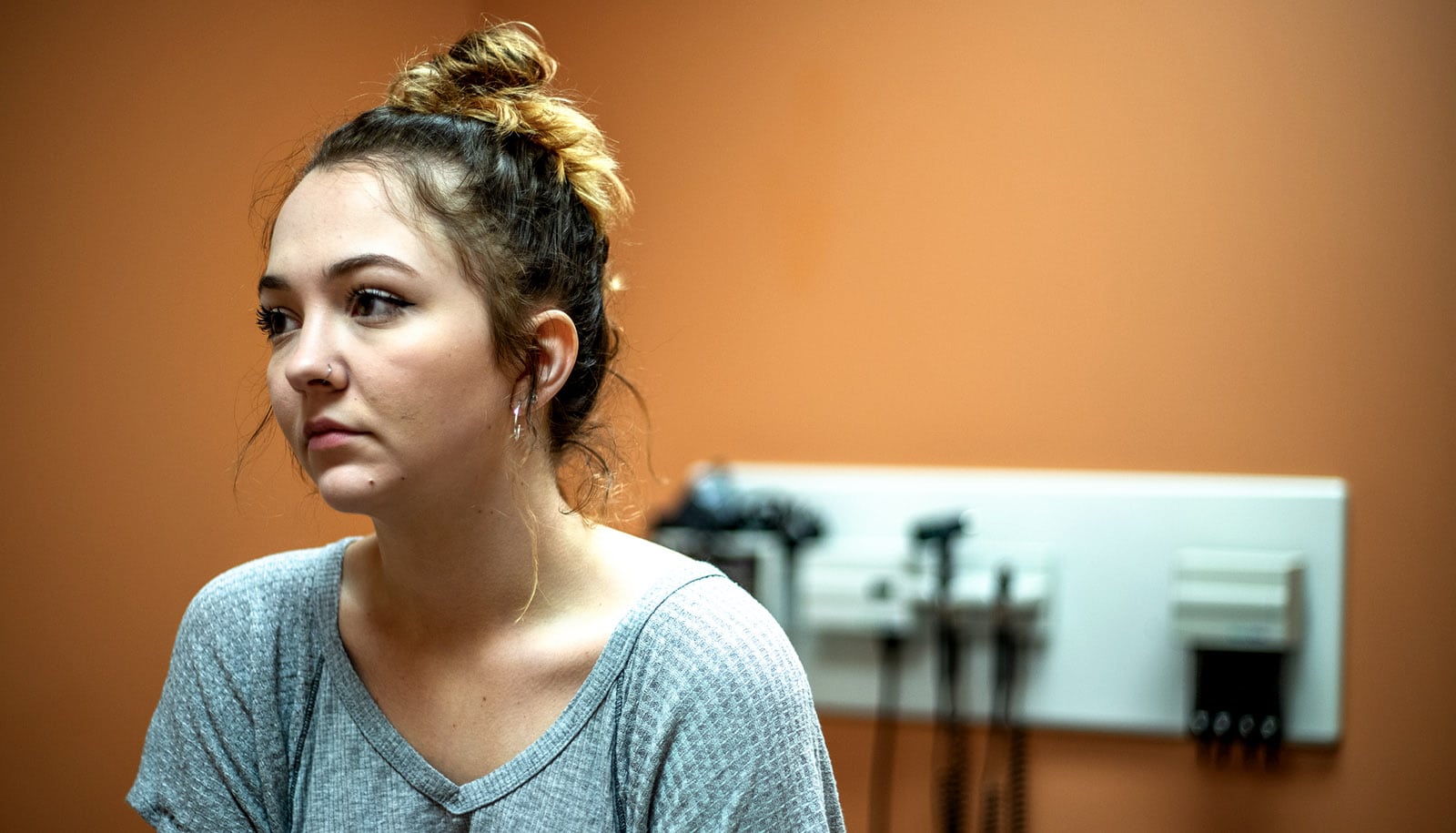A new video game seeks to correct misconceptions about HIV, increase awareness, and ideally motivate teens to seek HIV testing and counseling services.
Teenagers made up an estimated 20% of new cases of HIV infection in the United States in 2020. The actual percentage, however, is likely to be higher because it is known that adolescents are the least likely of any age group to be aware of their HIV status and may unknowingly transmit the virus to others.
Only 9% of high school students in the United States report ever being tested for HIV.
The reasons for this are varied and include inadequate sex education, social and economic barriers, and ongoing stigma surrounding HIV, along with misconceptions about the safety of getting tested.
“Kids in this age group also often feel like they’re basically immortal and therefore wouldn’t have a condition that would be potentially serious or life-threatening,” says Lynn E. Fiellin, professor of medicine (general medicine) at Yale University School of Medicine, and Public Health (Social and Behavioral Sciences).
“We’ve also seen a trend in which, because HIV treatment has become much more effective, some teens and young adults feel like, ‘Oh, well, if I get it, I can just treat it and it’s not a big deal.'”
To address these misconceptions, increase awareness, and ideally motivate teens to seek HIV testing and counseling services (HTC), Fiellin and colleagues conducted a randomized controlled trial using the video game intervention, called PlayTest!, to address low rates of HIV testing and counseling in adolescents.
PlayTest! was adapted and built out from an earlier video game intervention, PlayForward, the researchers developed for 11- to 14-year-olds and focused on HIV prevention and risk reduction.
“The second version includes some of the HIV prevention parts of the first game, but this one was really focused on promotion, not on prevention,” says Fiellin. “So, for example, in the first one, we had a whole mini-game on refusal skills and how to refuse risky people and risky situations. With this game, we kind of turned it on its head and created a game around persuasion skills where you as a player need to persuade people to engage in healthy things. It’s learning a whole different skillset around promoting positive things as opposed to avoiding negative things.”
For the new study, published in the Journal of Adolescent Health, the authors enrolled 287 participants ranging from 14 to 18 years. There were an equal number of boys and girls, an equal number of age groups, and an equal number of different racial groups; 145 were randomized to PlayTest!, while the 142 participants in the control group played a set of commercial video games that had no educational content. Each participant played their game for approximately one hour per week after school over four to six weeks.
The research was done in partnership with school-based health centers (SBHCs), novel health care clinics that are available at some schools and provide access to affordable health care for students as well as confidential and convenient sexual health services for adolescents to seek HTC.
All participants had to attend a school with an SBHC, the idea being that the kids who ended up wanting an HIV test after PlayTest! could simply walk to their school’s health center and get one.
In PlayTest!, the player creates an avatar that navigates through a set of stories or challenges. Within those stories are different skill-based mini-games that they have to play and perform to a certain level so they can unlock the next part of the story.
Initially, the intended primary outcome for this study was the proportion of participants who engaged in HTC within the six-month study period. The original secondary outcomes were attitudes, intentions, knowledge, and self-efficacy related to HTC.
However, the COVID pandemic forced the authors to modify the outcomes.
“We knew that once schools closed, kids would not have access to their school-based health centers, so they could not ask for testing there,” says Fiellin. “Nobody was going to just routinely go to a clinic during the first six months of the pandemic. So, based on the literature, we had to modify our primary outcome to not be actual HIV testing, but attitudes around HIV testing.”
After completing the trial, the researchers collected follow-up data from 92% of the participants at six months. Among the participants who were randomized to PlayTest!, 70% reported a positive change in their attitudes about HIV counseling and testing.
“We are extremely proud of the high retention and follow-up rates for this project, especially during the pandemic,” says Tyra Pendergrass Boomer, deputy director of the play2PREVENT Lab, Yale Center for Health and Learning Games.
“Much of this can be attributed to our ability to effectively utilize technology to collect follow-up data in a way that is adolescent-friendly, our partnerships with the schools, and the rapport that our research team was able to build with study participants.”
Source: Christina Frank for Yale University



